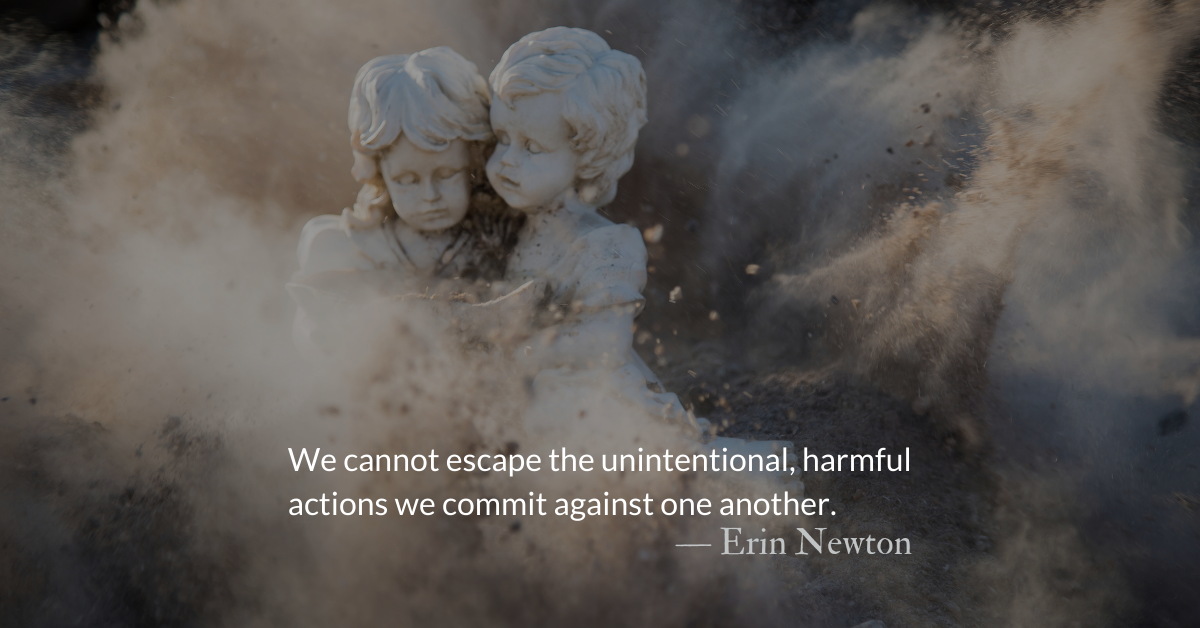Links for today’s readings:
Read: Joshua 20-21 Listen: (6:58) Read: Philippians 2 Listen: (3:45)
Scripture Focus: Joshua 20.2-6
2 “Tell the Israelites to designate the cities of refuge, as I instructed you through Moses, 3 so that anyone who kills a person accidentally and unintentionally may flee there and find protection from the avenger of blood. 4 When they flee to one of these cities, they are to stand in the entrance of the city gate and state their case before the elders of that city. Then the elders are to admit the fugitive into their city and provide a place to live among them. 5 If the avenger of blood comes in pursuit, the elders must not surrender the fugitive, because the fugitive killed their neighbor unintentionally and without malice aforethought. 6 They are to stay in that city until they have stood trial before the assembly and until the death of the high priest who is serving at that time. Then they may go back to their own home in the town from which they fled.”
Reflection: Balancing Justice and Mercy
By John Tillman
In some ways, Mosaic law is harsher than our current laws because it is more protective of human life. In some ways, Mosaic law is more merciful than our current laws because it is more protective of human life.
The “Cities of Refuge” were strategically placed to be easily reached. If someone accidentally killed someone, they could flee to these cities for protection until the death was investigated. The “Avenger of blood,” a close relative of the victim, would not be allowed to kill them before they stood trial.
When emotions are high, hot tempers can overwhelm evidence or explanations. The designation of “Cities of Refuge” was a way of stopping unintentional, accidental killings from setting off a cycle of violence and revenge. Revenge is best left to God. Justice is best served cold.
The outcome of the trial determined the penalty. The minimum penalty was confinement in the city until the death of the High Priest. Other penalties could include financial compensation or death.
Any law can be bent toward evil. Joab abused the law of the avenger of blood in order to murder a political rival during David’s reign. (2 Samuel 3.24-28) I’m sure Joab wasn’t the only one to abuse the law. Having balanced systems minimizes the opportunity for human corruption, but doesn’t eliminate it. We have a role to play in keeping the balance of justice and mercy.
God takes every human death seriously and demands justice from every community. Whether people in our communities die by neglect of our responsibilities, the malice of our actions or policies, the abuse of our power, or the violence of crime or of excessive punishment, we are responsible to provide justice.
Our power to affect our legal system is limited and slow-working. But that is not the only place to apply these lessons. It’s easy to advocate for mercy toward those who haven’t harmed us directly. It is when we have suffered that the test of our principles begins.
The desire for revenge is a personal, sinful twist of God’s desire for justice. In our personal lives, we need checks on our emotions. We need to make places of refuge for those who may harm us. We can take every harm seriously without seriously harming others.
Let us work in our personal and communal lives to be people who balance loving mercy with doing justice and doing it all in a spirit of humility. (Micah 6.8)
Divine Hours Prayer: The Request for Presence
I call with my whole heart; answer me, O Lord, that I may keep your statutes. — Psalm 119.145
– Divine Hours prayers from The Divine Hours: Prayers for Summer
by Phyllis Tickle
Read more: Cold Case Justice
Establishing justice is a Christian calling and preventing crime is as much a part of it as investigating crime.
Read more: Justice That Protects Even Criminals’ Lives
The life of the criminal matters to God…Let us ensure that we maintain justice that protects life, including the life of the criminal.



